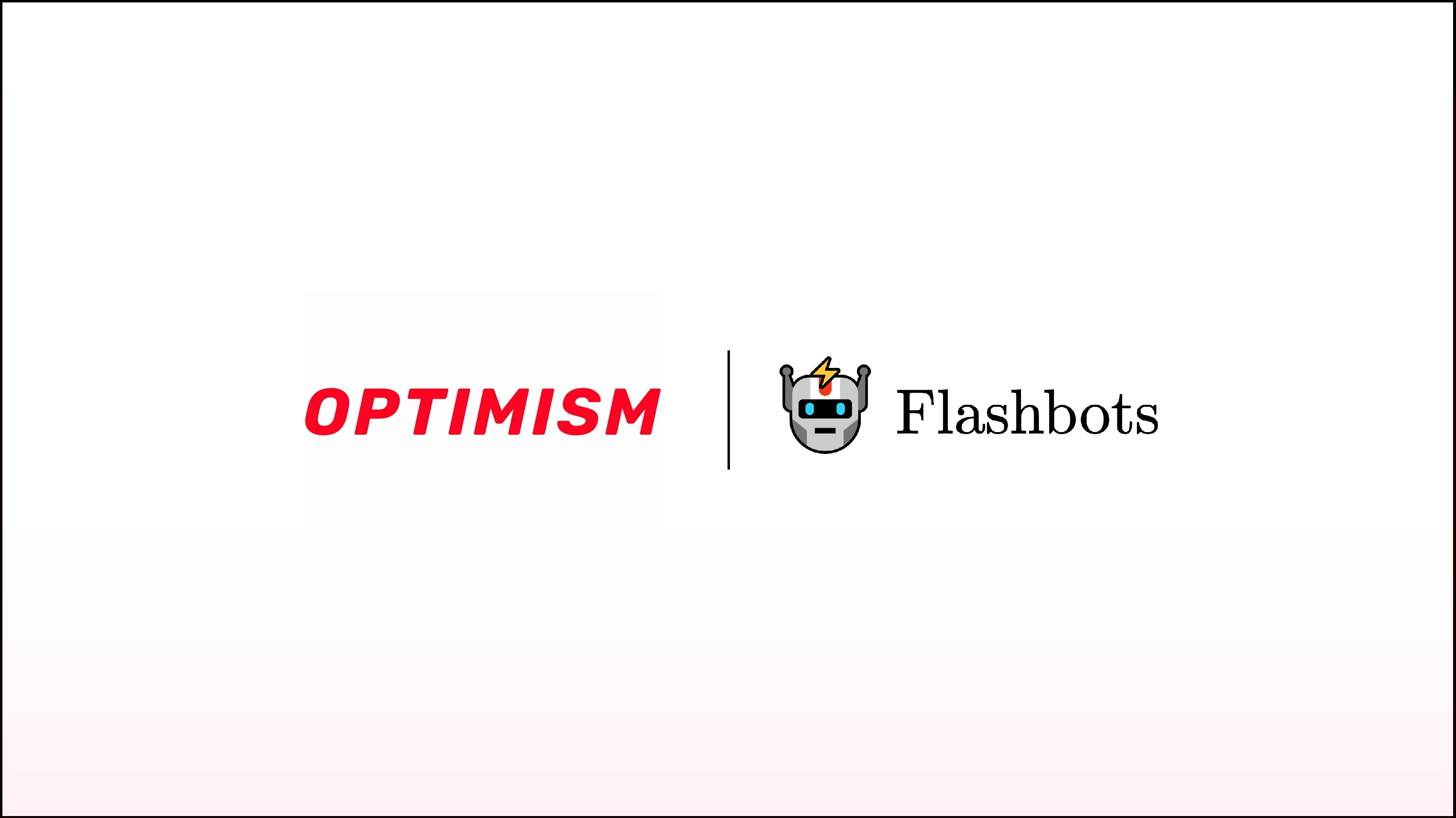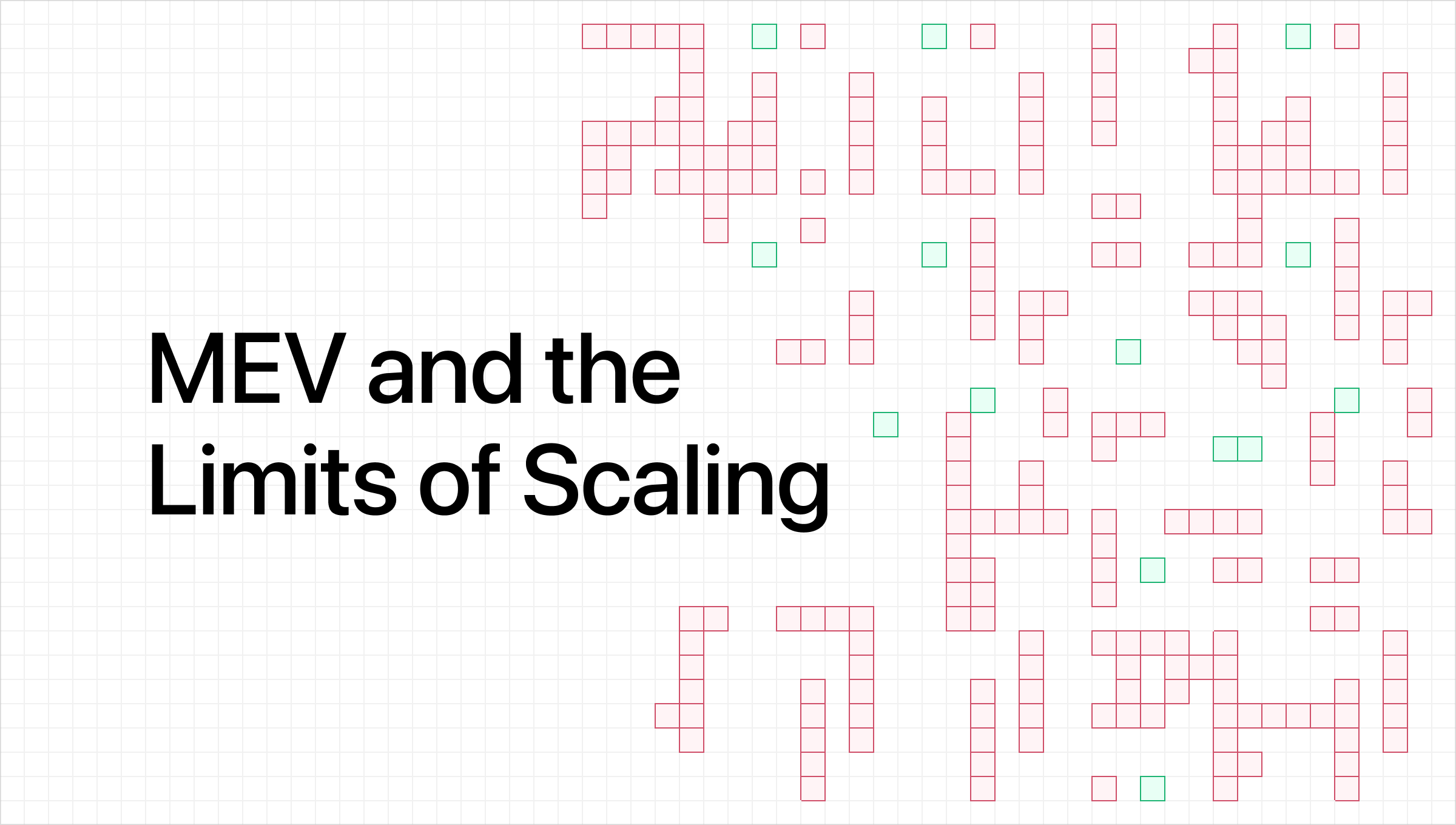
This post is part of a Flashbots research series exploring how decentralized blockbuilding connects Ethereum's scaling and privacy roadmap to real-world execution.
tl;dr: this post introduces Flashnet, a new anonymous broadcast protocol with much lower latency than existing alternatives. We plan to deploy Flashnet both (1) as a user-facing censorship resistance and anonymity tool that complements onchain privacy solutions and censorship resistance mechanisms like FOCIL; and (2) as a means to connect actors along the block building pipeline, moving BuilderNet closer to permissionlessness and the SUAVE vision. Flashnet is the event horizon for distributed block building — the signal passes through, the sender disappears.




